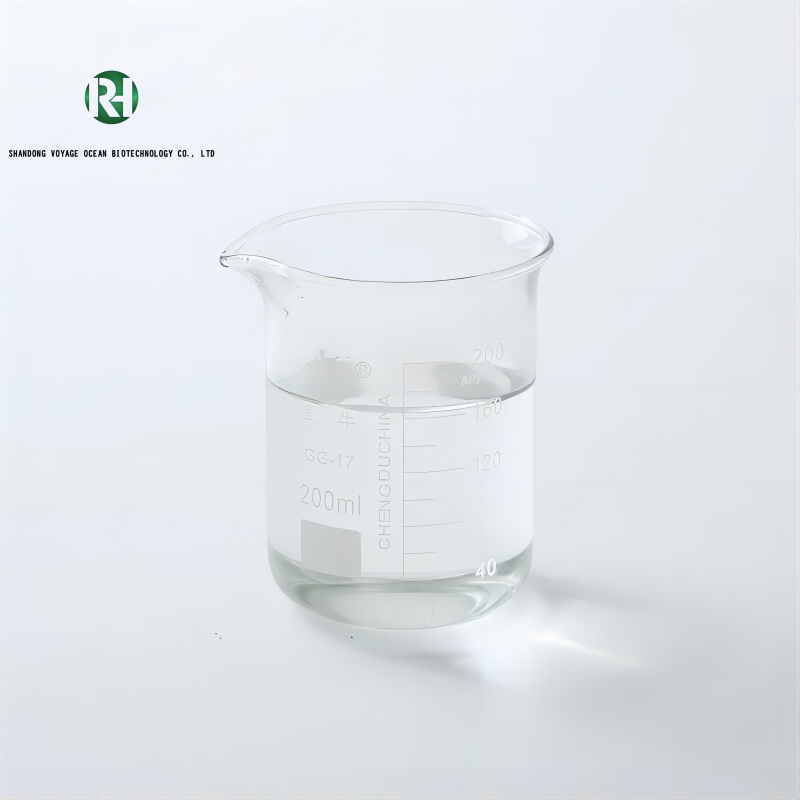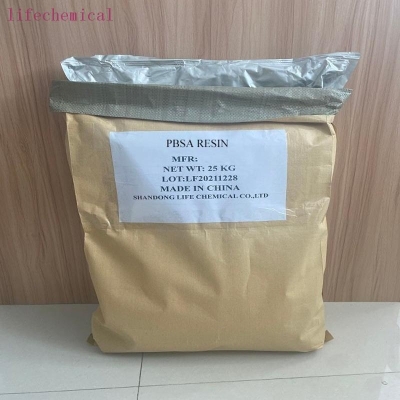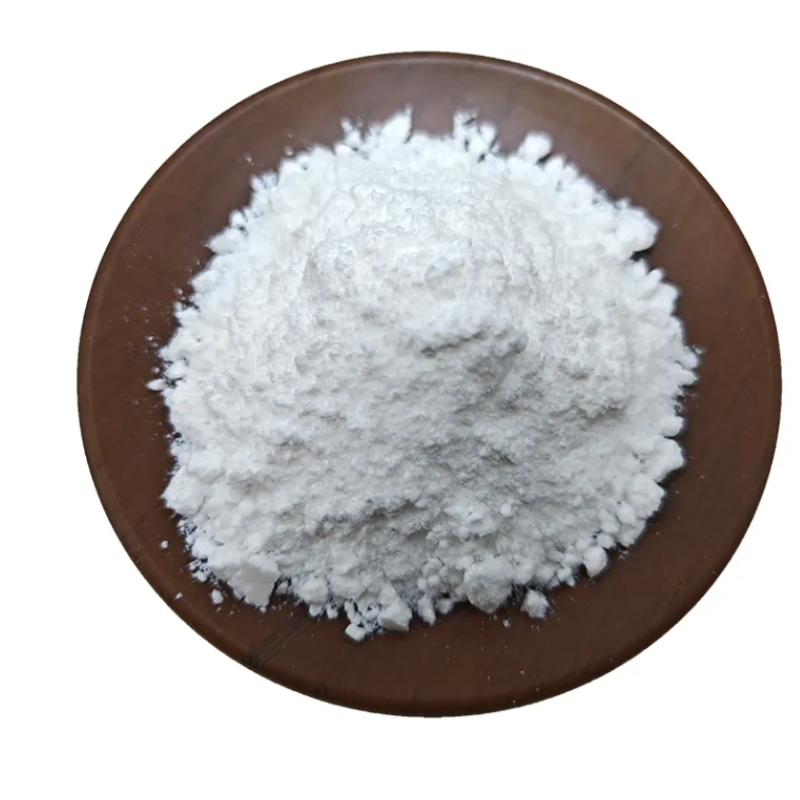-
Categories
-
Pharmaceutical Intermediates
-
Active Pharmaceutical Ingredients
-
Food Additives
- Industrial Coatings
- Agrochemicals
- Dyes and Pigments
- Surfactant
- Flavors and Fragrances
- Chemical Reagents
- Catalyst and Auxiliary
- Natural Products
- Inorganic Chemistry
-
Organic Chemistry
-
Biochemical Engineering
- Analytical Chemistry
-
Cosmetic Ingredient
- Water Treatment Chemical
-
Pharmaceutical Intermediates
Promotion
ECHEMI Mall
Wholesale
Weekly Price
Exhibition
News
-
Trade Service
Japan’s Kinki University recently announced the invention of a new technology to remove tritium, a radioactive substance in nuclear sewage
.
In 2011, the Fukushima Daiichi Nuclear Power Plant, where the nuclear accident occurred, still has a large amount of tritium-containing nuclear sewage that cannot be processed.
This technology may help
.
? Tritium is a radioactive isotope of hydrogen.
If water contains tritium, it is difficult to separate and remove
.
Kinki University announced that the professor Tatsuhiko Ihara and others used aluminum powder to create a filter with a large number of pores less than 5 nanometers in diameter.
The water containing radioactive tritium is passed through this filter, and the tritium will stay in the pores to achieve high efficiency.
Clear
.
The researchers said that this device can be used repeatedly and at a low cost, which may help the nuclear sewage treatment at the Fukushima Daiichi Nuclear Power Plant
.
? There are thousands of huge water tanks used to store nuclear sewage in the Fukushima Daiichi Nuclear Power Plant
.
Although the existing nuclear sewage treatment system can remove more than 60 radioactive materials such as radioactive strontium, it is difficult to remove radioactive tritium, which has become a major problem in the sewage treatment of the Fukushima Daiichi Nuclear Power Plant
.
.
In 2011, the Fukushima Daiichi Nuclear Power Plant, where the nuclear accident occurred, still has a large amount of tritium-containing nuclear sewage that cannot be processed.
This technology may help
.
? Tritium is a radioactive isotope of hydrogen.
If water contains tritium, it is difficult to separate and remove
.
Kinki University announced that the professor Tatsuhiko Ihara and others used aluminum powder to create a filter with a large number of pores less than 5 nanometers in diameter.
The water containing radioactive tritium is passed through this filter, and the tritium will stay in the pores to achieve high efficiency.
Clear
.
The researchers said that this device can be used repeatedly and at a low cost, which may help the nuclear sewage treatment at the Fukushima Daiichi Nuclear Power Plant
.
? There are thousands of huge water tanks used to store nuclear sewage in the Fukushima Daiichi Nuclear Power Plant
.
Although the existing nuclear sewage treatment system can remove more than 60 radioactive materials such as radioactive strontium, it is difficult to remove radioactive tritium, which has become a major problem in the sewage treatment of the Fukushima Daiichi Nuclear Power Plant
.







